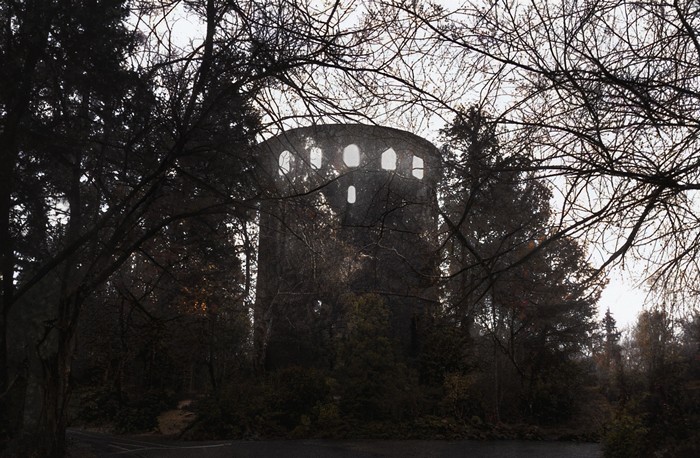
During the Q&A portion of a recent book talk with Meghan Daum at Elliott Bay Book Company, a man raised his hand. He said he was a public school teacher and he had been instructed by his principal to stop teaching Picasso due to the artist’s history of misogyny.
The teacher said he wanted to teach all of Picasso—including his misogyny—but his principal was clear: Don’t teach Picasso; teach African masks instead. The man wanted advice. What’s the right thing to do when an authority figure dictates what you can teach?
This is not a new question. Debates over academic freedom have plagued public (and private) schools and universities for years. University professors, particularly those with tenure, are more protected than primary and secondary teachers, who can be fired for not teaching the approved curriculum in many states. And even for those who value academic freedom, there are some obvious reasons for administrators, districts, or the state to dictate what people can and cannot teach. The biology teacher who preaches creationism should maybe not be teaching in public schools. Same for the history teacher who tells his students that Hitler was right. The difficulty is balancing the rights of the teacher with the needs of the students.
At the reading, Daum, the author of the new book The Problem with Everything, advised the teacher to appeal to the principal’s sense of reason.
“The more kids get the sense that a regressive leftist ideology is being foisted upon them, the more they become vulnerable to dangerous right-wing ideologies,” as she put it later on Twitter. Basically, she told him, tell your principal that he or she risks radicalizing his students, and not in the direction the principal might like.
Although this sounds like a reasonable argument to me—and there is some evidence that political correctness can backfire—I’m not so sure an administrator who wants to wipe the Picasso from the syllabus would be amenable to this logic. So if the principal still insists on dropping Picasso in favor of African masks (and one wonders if the principal is aware of the history of misogyny in parts of Africa), what recourse does this teacher in this position have?
Turns out, not much. Public school teachers have little academic freedom. There are a few legal exceptions to this: In 2001, for instance, the Sixth District ruled in favor of a Kentucky teacher who was fired after bringing Woody Harrelson to her class to talk about the environmental benefits of hemp cultivation. The ruling, in that case, was that industrial hemp is a matter of public concern in Kentucky and therefore the teacher's firing was unjust. But in this case, the teacher would have to prove that Picasso is a matter of public concern.
“I'd suggest that he just record everything he can so that when he is eventually fired, he can at least write about it," said Jonathan Haidt, a professor at NYU’s Stern School of Business and the author, along with Greg Lukianoff, of The Coddling of the American Mind. Haidt also suggested that the teacher look for allies, particularly those who are not white males. “There’s not much he can do alone.”
That, I think, is the key here: There’s not much anyone can do alone. The teacher can talk to his union reps or a lawyer, but chances are, pushing back on this won’t actually change the principal's mind and it could put his job at risk. Is teaching Picasso worth losing your job over? If the teacher has a family to provide for, if he's not independently wealthy and can't learn to code, the safest move, in this case, is probably just to submit.















